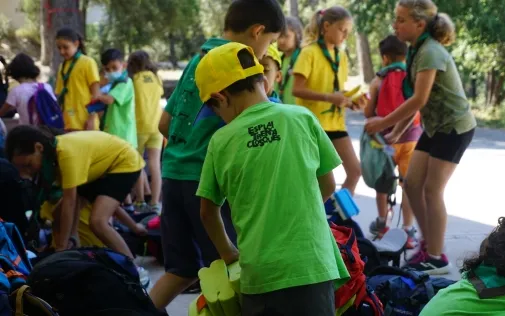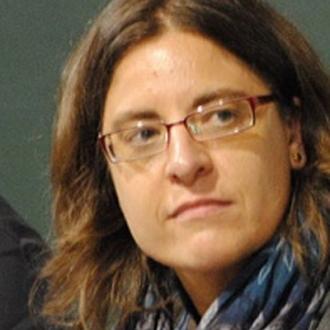
We claim and bet, so that all children and adolescents, regardless of their social class or the socio-economic and cultural reality of their families, can access and enjoy educational and socio-cultural leisure activities.
On World Children's Day, a date on which citizens, social organizations and public administrations are especially concerned about children's rights. Rights recognized in the declaration approved as an international treaty on November 20, 1989. This, throughout the 54 articles that make it up, recognizes that children are individuals with the right to full physical, mental and social development, and with the right to freely express their opinions.
One of the essential aspects that make this full development of children possible is leisure, play and recreational activities specific to their age, in short the right to participate freely in cultural, artistic and recreational life.
In this framework, the work carried out by educational leisure and social action organizations in the territories in which they are present, are keys to the development of people and communities. Some aspects that justify its relevance are its flexibility and its proximity to the territory. The entities that we currently find in neighborhoods and towns are heirs to the actions and dynamics of socio-cultural animation and leisure education. Entities that, thanks to the connections and the socio-educational networks they have established in the territories, as well as their ability to generate mobilization and social initiative, have led processes of change and community action.
They are also organizations that have become for many of the participants an opportunity to improve their personal abilities and, where it has been possible, to acquire skills (group work, communication, participation, among others) that will be useful to them throughout life. Through the development of leisure programs and activities, from a perspective that encourages the potential of each and every one of the children and adolescents who participate in them, they help them acquire and develop useful strategies in other contexts of socialization and development, how we can be training centers or family and friends, and in the future also for their workplaces. Let's talk like that,
For example, when the teenagers and young people of a listening group, through a work camp, recover heritage assets from a locality or when the village space organizes workshops and social theater and music activities open to the community, together with the Percussion groups from the village's traditional bestiary are, all of them, contributing to the social development and well-being of the neighbors. Likewise, we are talking about integrative and welcoming proposals for social and cultural diversities, where all cultures and diversities have a space to make themselves known, share and contribute their knowledge and their cultural realities and knowledge.
We therefore claim and bet, so that all children and adolescents, regardless of their social class or the socio-economic and socio-cultural reality of their families, can access and enjoy the educational and socio-cultural leisure activities that are carried out in their neighborhoods and towns, respecting their motivations and encouraging positive educational processes, and also learning from practice to get involved in their communities, becoming active agents of participation and social and cultural co-production.



Add new comment